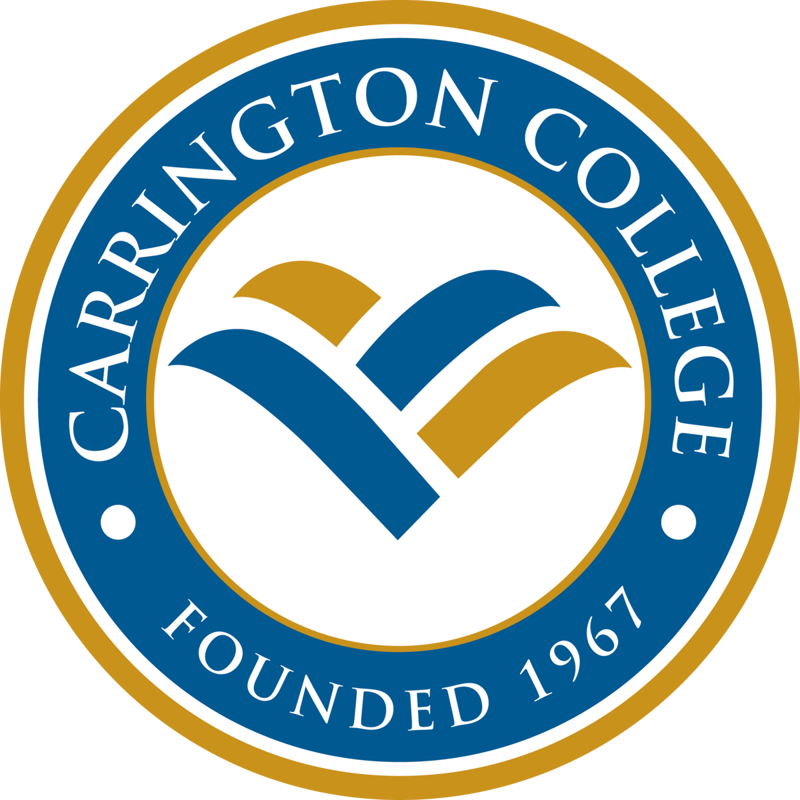
Financial aid (may be available)

Financial aid (may be available)

Financial aid (may be available)

Financial aid (may be available)
$975 total
$550 total
$530 total
$600 total
No cost info
No cost info
$369 total
No cost info
$399 total
$150 total
The healthcare industry is one of the fastest-growing sectors today and becoming a Home Health Aide (HHA) is an excellent entry point for those considering a career in this field. Dreambound, the largest platform for students to find vocational training programs, can provide all the information you need to find the perfect class.

A Home Health Aide is a trained healthcare professional who provides basic care for patients in their homes. These professionals work with the elderly, disabled, chronically ill, or those recovering from surgery. Their duties often include assisting with daily activities like bathing, eating, and medication, as well as some light housekeeping.
Before you can work as a Home Health Aide, you will need to complete a vocational training program. These classes will provide you with the basic knowledge and skills necessary to perform your duties efficiently.
When searching for Home Health Aide classes, it's crucial to consider these factors:
Accreditation: The program should be accredited by a recognized body. This ensures that the training you receive meets the industry's standards.
Course content: The curriculum should cover all necessary areas, including patient care, emergency procedures, and health and safety regulations.
Practical training: Hands-on experience is vital in healthcare training. Ensure the program includes practical training or internship opportunities.
Home Health Aide classes typically include both theoretical and practical components.
Theoretical component: This part covers the foundational knowledge of healthcare, including anatomy, physiology, nutrition, and medical terminology.
Practical component: Here, you will learn how to provide personal care to patients, including bathing, dressing, and administering medication.
Once you complete your HHA training, you will need to pass a state certification exam. After successful completion, you will receive your certification and can start applying for jobs in the field.
Using online job platforms and networking with professionals in the field are effective ways of finding related jobs. Additionally, some vocational training programs offer job placement services to their graduates.
After becoming a Home Health Aide, you might consider advancing your career by taking additional classes. Some popular options are:
Before starting your HHA training, it's essential to prepare for this career path. Here are some steps to help you get ready:
Research: Understand the HHA role, job duties, and responsibilities. Knowing what to expect can help you succeed in your training and career.
Plan: Set clear goals for your HHA career. This could include the type of setting you want to work in or the additional certifications you plan to pursue.
Once you become a certified HHA, the next step is to navigate the job market. Here are some tips:
Resume and cover letter: Tailor your resume and cover letter to each job application. Highlight your HHA training and any related experience.
Interview preparation: Practice common interview questions and scenarios. This will help you feel more confident during your job interviews.
Continuing education is essential in the healthcare field. It helps you stay updated with the latest practices and advancements. You might consider additional certifications or a degree in a related field.
Networking can open up opportunities and provide valuable industry insights. Attend healthcare events, join professional organizations, and connect with other healthcare professionals on social media.
Becoming a Home Health Aide can be a rewarding and fulfilling career. With the right training and resources, you can provide essential care to those in need. Whether you're looking to start your healthcare career or want to specialize further, Home Health Aide classes are an excellent starting point. You might also be interested in reading about becoming a Certified Medication Aide or a Psychiatric Technician.
Dreambound has written dozens of in-depth guides on how to get started in this field, with information specific to your city. If you're located somewhere else or thinking about moving, check out some other guides we've written:
Are you exploring diverse professional opportunities? Take a closer look at these resources that Dreambound has written to help in your search.
Dreambound's platform allows prospective students to find the right educational program for them through searching, filtering, and connecting with our extensive selection of career & technical education partners.
Dreambound has over 70 programs across healthcare, technology, business, and industrial trades. This includes programs such as Medical Billing, Cybersecurity, and welding.
Some of our schools offer financial aid for those who qualify. Many others offer payment plans, where you can pay the cost of class over time.
Yes, Dreambound offers many online programs. On Dreambound's search, you can filter by online, in-person, and hybrid (part online, part in-person).
Dreambound is completely free for you to use! We are supported by schools and organizations who pay to advertise on our website, so we can offer all of our career resources for free.